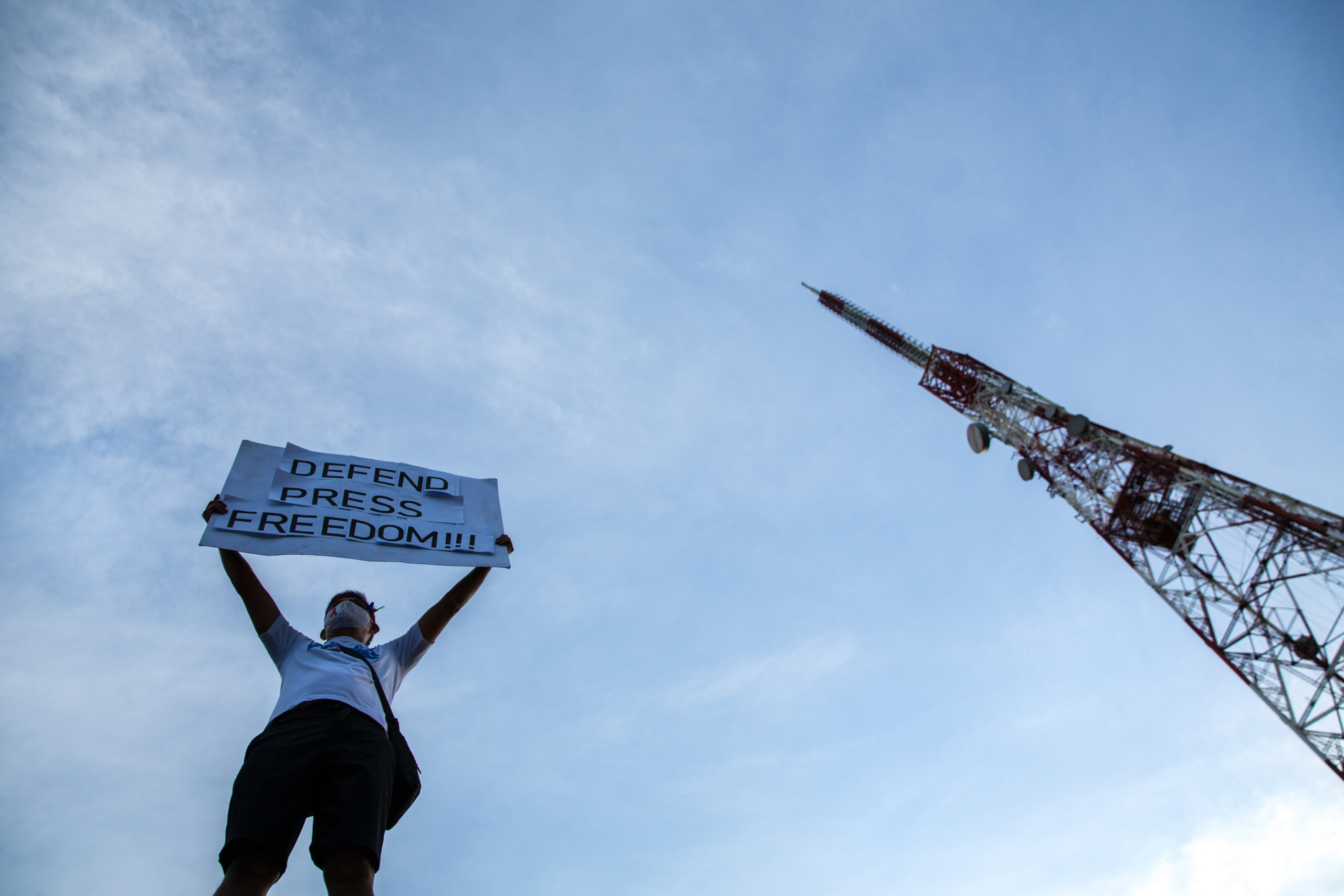Following a two-week visit to the Philippines, UN Special Rapporteur on freedom of opinion and expression, Irene Khan, found the threat to Filipino journalists and human rights activists critical. During a press conference in Manila on February 2, 2024, Khan made a series of political recommendations to the Philippine government. Among other things, Khan called on the government of President Marcos Jr. to abolish the National Task Force to End Local Communist Armed Conflict (NTF-ELCAC) – a demand already made by UN Special Rapporteur on the protection of human rights in the context of climate change, Ian Fry, during his trip to the Philippines in November 2023.
Although Khan acknowledged that the Marcos administration has been sending out initial positive signals regarding respect for human rights, this was not yet enough. She also pushed for the issuance of an Executive Order that clearly denounces the practice of “red-tagging” (i.e. labelling political activists as “terrorists”). In this context, Khan also welcomed the commitment of the national Human Rights Commission to submit a bill that would define the problem of “red-tagging” and proposes measures to combat it. Khan found the capacities of the Presidential Task Force on Media Security (PTFOMS), which was established to protect media professionals under the previous government, to be inadequate and criticized the lack of a clear policy framework to protect and prevent attacks on Filipino journalists.
In an exchange with Khan, the National Union of Journalists of the Philippines (NUJP) and other local civil society groups explained that “red-tagging” poses a serious threat to the freedom of the press as well as to the safety of journalists and contributes to the criminalization and defamation of human rights activists.
During her stay in the Philippines, Khan visited journalist Frenchie Mae Cumpio, who has been imprisoned for over three years, and detained human rights defenders Marielle Domequil of the organization Rural Missionaries of the Philippines-Eastern Visayas and Alexander Abinguna of Karapatan-Eastern Visayas, who were all subjected to “red-tagging” attacks before their imprisonment. Khan urged the government to scrutinize the cases of the three activists and expedite their trials.
Khan also appealed to representatives of the House of Representatives to prioritize three key bills that promote freedom of expression and freedom of the press. One bill addresses protection measures for human rights defenders (House Bill No. 77), another the improvement of working conditions for the press (House Bill No. 454) and the third bill the decriminalization of libel. Being charged with libel is considered a crime in the Philippines and punishable by a prison sentence of up to three and a half years as well as with a fine of up to 1.2 million pesos.
The Philippine government’s reactions to Khan’s recommendations were mixed. Senator Aquilino Pimentel III, among others, argued in favor of abolishing the NTF-ELCAC. Senator Francis Escudero and Senator Jonathan Malaya, among others, argued against such a measure, emphasizing the important role of the task force as an instrument for safeguarding national security.
International human rights organizations, such as Human Rights Watch and Amnesty International, called on the Philippine government not to delay the implementation of Khan’s recommendations. Butch Olano, Director of Amnesty International Philippines, urged above all that the implemention of the recommendations should not wait until the UN Human Rights Council session in June 2025.
Photo © Raffy Lerma

